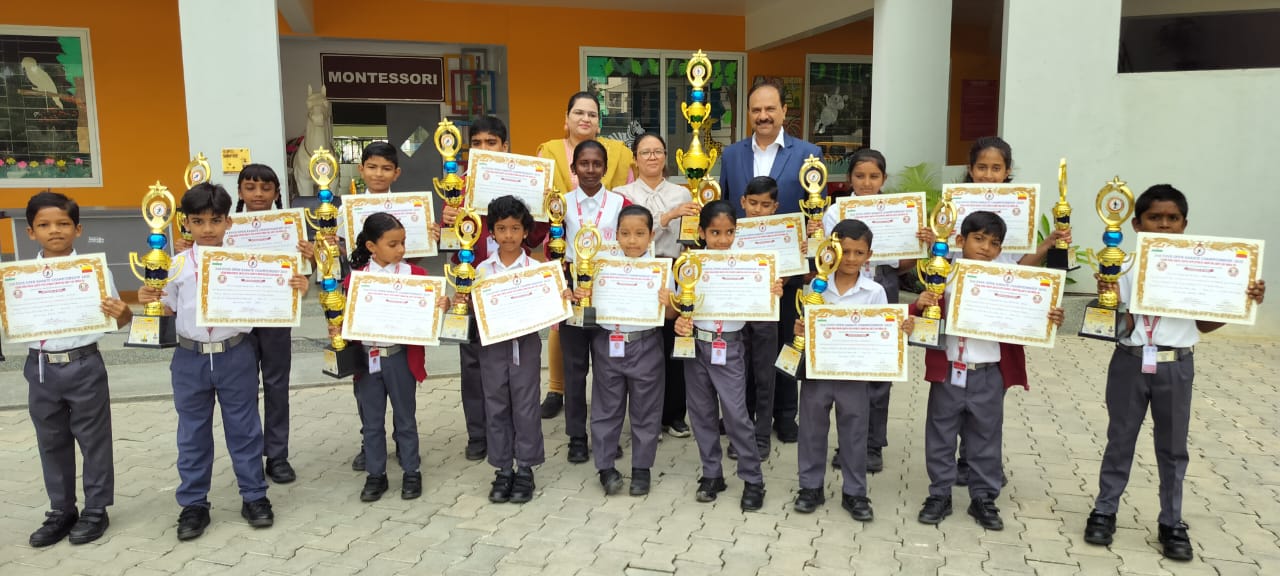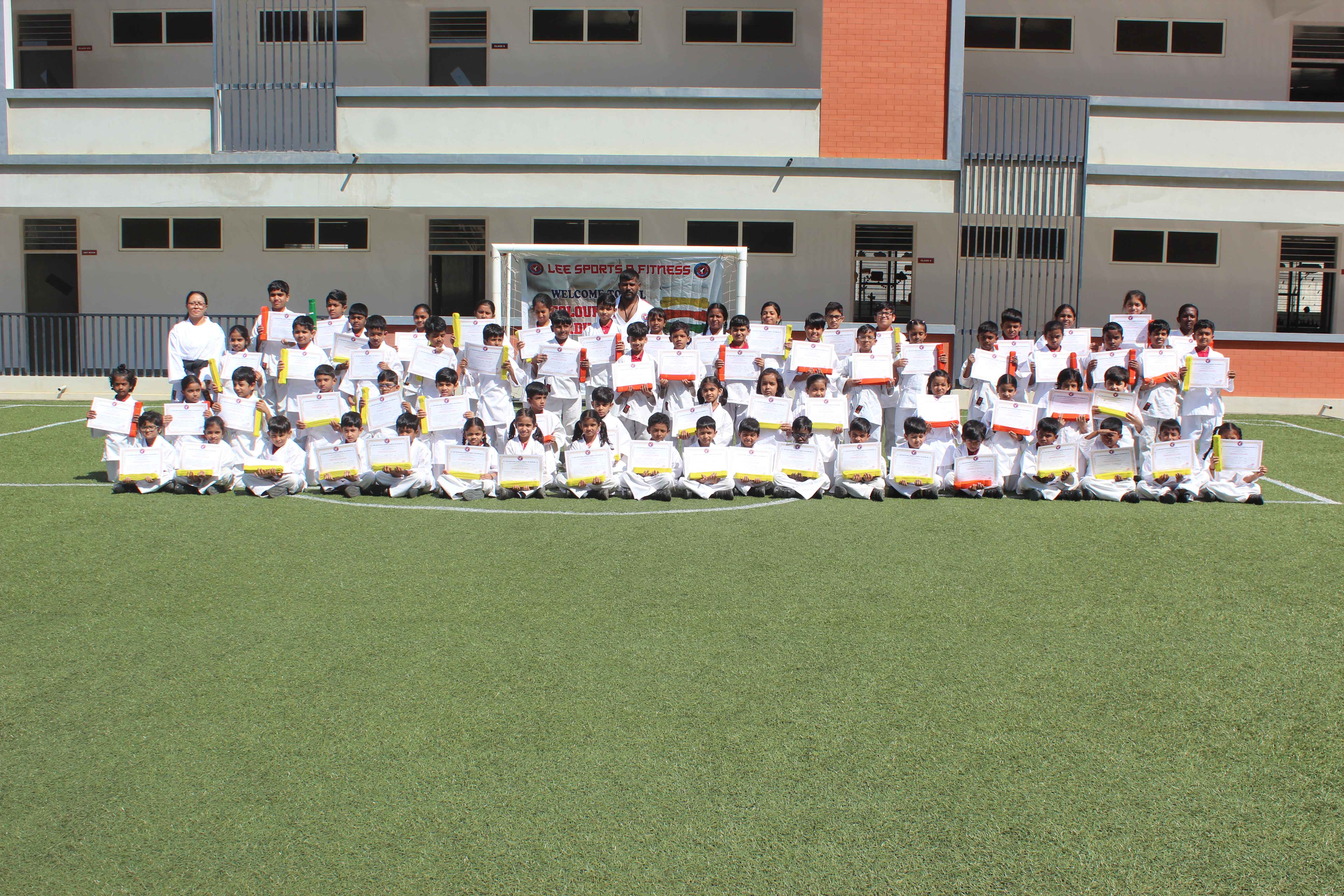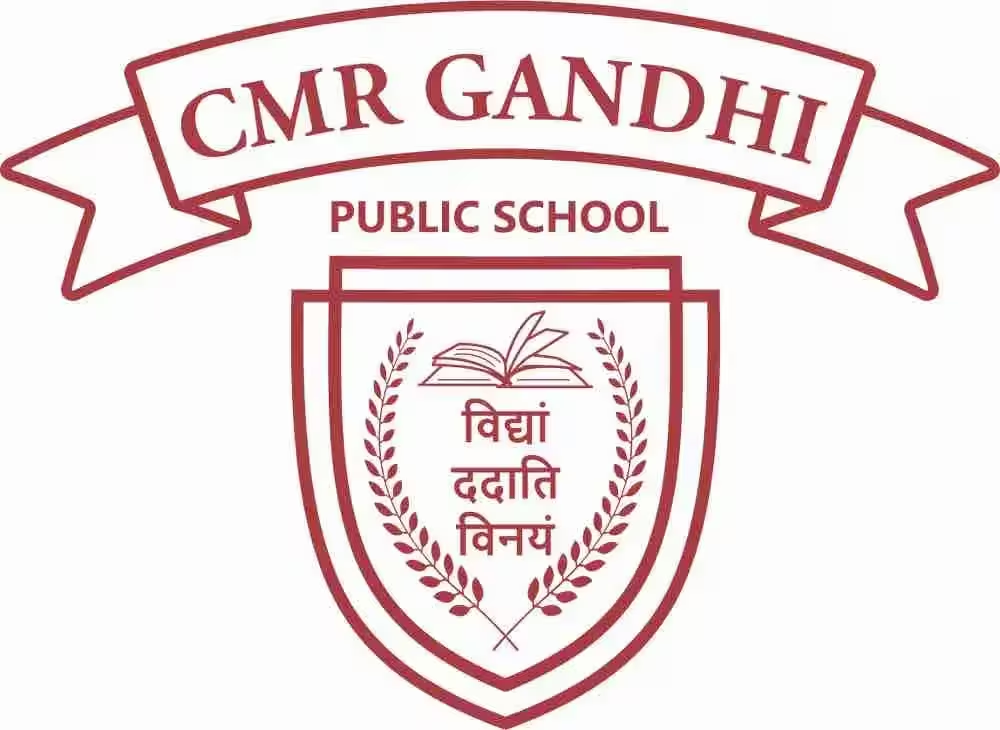Teaching children correct internet usage should be the paramount concern in these digital times. Online, there exists a world filled with endless avenues but also endless risks. Grooming youngsters to navigate safer online spaces safely is essential towards their well-being. Most of the CBSE schools in Bangalore highlight digital literacy on campus, whereas parents must train their children regarding the same at home.
Understanding Online Risks
While the internet has many benefits, it has exposed children to cyberbullying and unwanted content. Cyberbullying may be pretty dangerous because it could happen anytime and cause emotional harm. Further, they could stumble upon malicious websites that suggest dangerous behaviour or contain explicit material.
Recognition of these threats needs to happen very early. Parents have to remain vigilant about their children’s activities online to keep them safe.
Guidelines for Safe Internet Use
Today, the role of parents is imperative and essential to guide their children through safe internet practices. By defining boundaries through regulation of one’s online activity and therefore allowing one to venture into the digital world safely, the risk factor is contained.
1. Setting Clear Rules about Internet Usage
Established boundaries around internet usage provide the safest guarantee towards online protection. Parents should limit the usage of specific screens; too much Internet use often affects health conditions or provides access to adverse content and exposes them. Outdoors activities can be included like playing; time should thus be allocated with due priority.
2. Encouraging Alternative Activities to Reduce Screen Time
Parents can also encourage alternative activities such as reading, creative arts, or family games to balance screen time.
3. Restricting Access to Inappropriate Websites
Access to inappropriate websites should also be restricted. Parents can set guidelines on which sites are allowed, ensuring children only visit educational and safe online platforms. Many CBSE schools in Bangalore encourage safe digital practices, which can be reinforced at home.
4. Using Parental Control Tools
Installing parental control tools can help block unsuitable content and create a safer browsing experience for children.
5. Monitoring Online Activity
Monitoring online activities is another critical component to ensure safety. Parents can secretly monitor their child’s online activity through various applications and tools. However, parents should balance surveillance with the privacy of their children. This is because over-supervision of children might scare them off.
6. Promoting Offline Activities to Limit Online Time
Encourage them to participate in offline activities like sports or outdoor excursions, reducing the need for excessive screen time.
Teaching Digital Citizenship
Digital citizenship is important, in addition to online safety. It calls for teaching the children how to behave well while online and knowing the significance of their digital footprint. Everything posted by children, be it images, comments, or videos can make a lasting impact. They must be taught to think before they share and learn that what they do online is going to come back to them after some years.
Instilling Safe Practices Early On
Safe practices such as creating strong passwords, avoiding oversharing, and identifying suspicious links should be taught early to develop good habits that will serve them for life.
There is a need to encourage an open conversation about their online experiences. Children must be encouraged to speak up about what they discover online. An open line of communication will help make sure that if something hurtful happens, they will tell their parents about it.
Resources for Parents
Parents can take advantage of various tools used to manage how their children may use the Internet. Parent control tools help ensure that children only access suitable content, time limits on screen views, and checking online activities to ensure a protected digital environment are all made with the child in mind.
Another great resource is Internet safety educational websites. Some sites like Common Sense Media guide parents on how to manage the risks that their children encounter online. Similarly, some schools under the CBSE board on Sarjapur Road may be organizing workshops or giving parents relevant information on the safest ways of safeguarding their children online.
Conclusion
Parents play a very important role in guiding children through the digital world. Clear rules, teaching digital citizenship, and using available tools and resources can help parents guide their children to navigate the internet safely. Continuous conversations about online safety are important as technology continues to evolve. CMR Gandhi Public School, a CBSE school in Sarjapur Road, actively integrates digital awareness programs into its curriculum, ensuring that students learn responsible internet practices from an early age.










